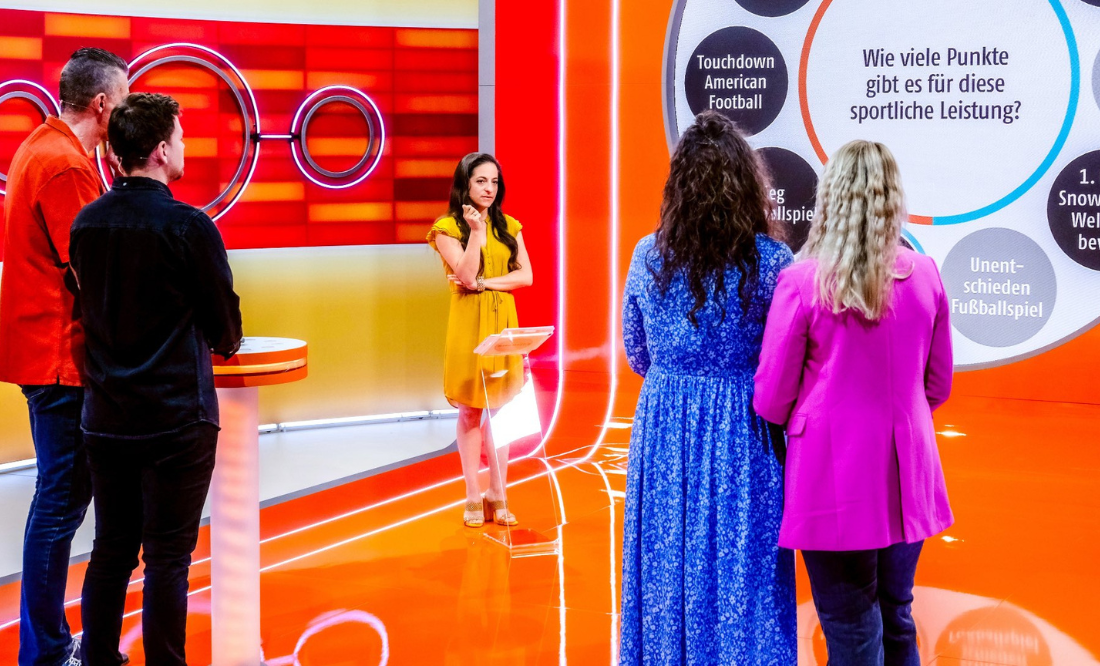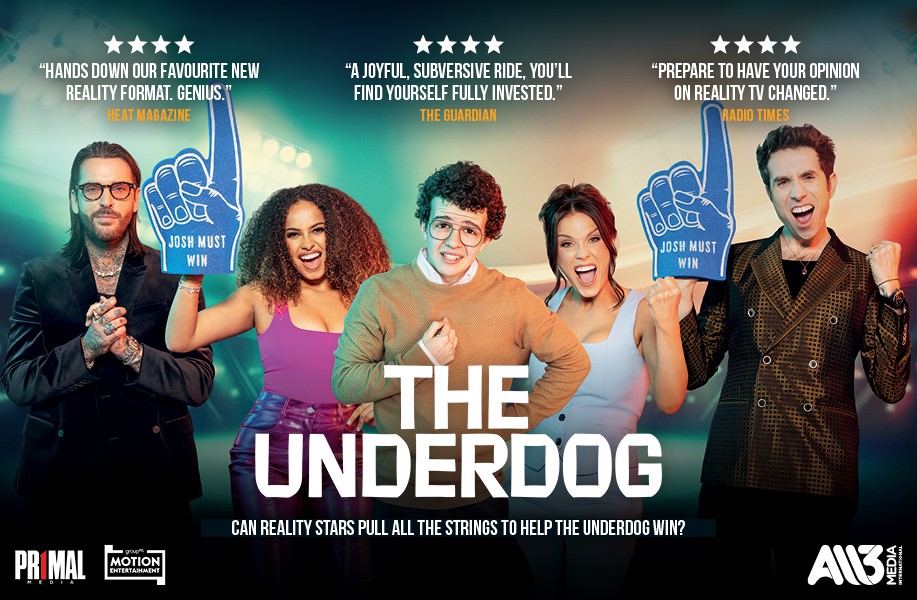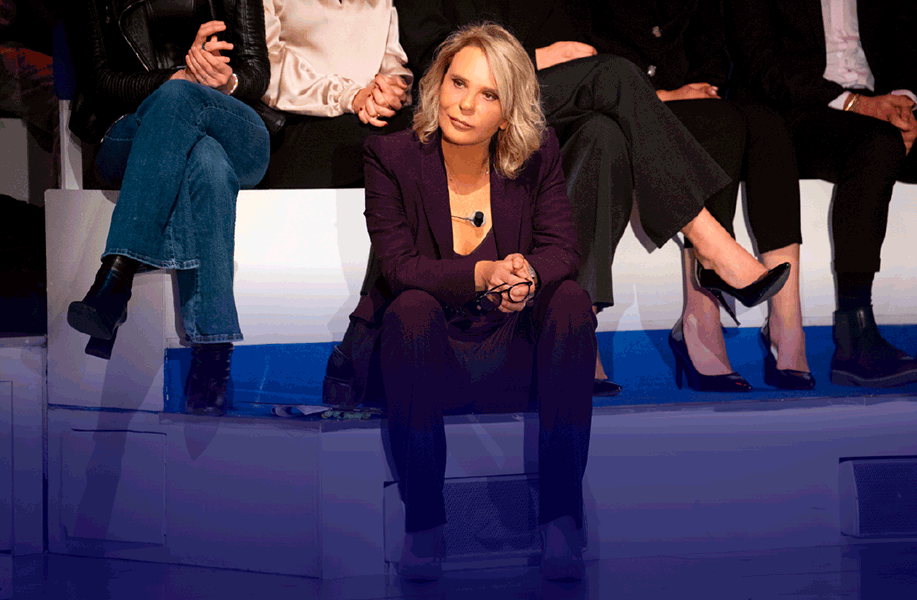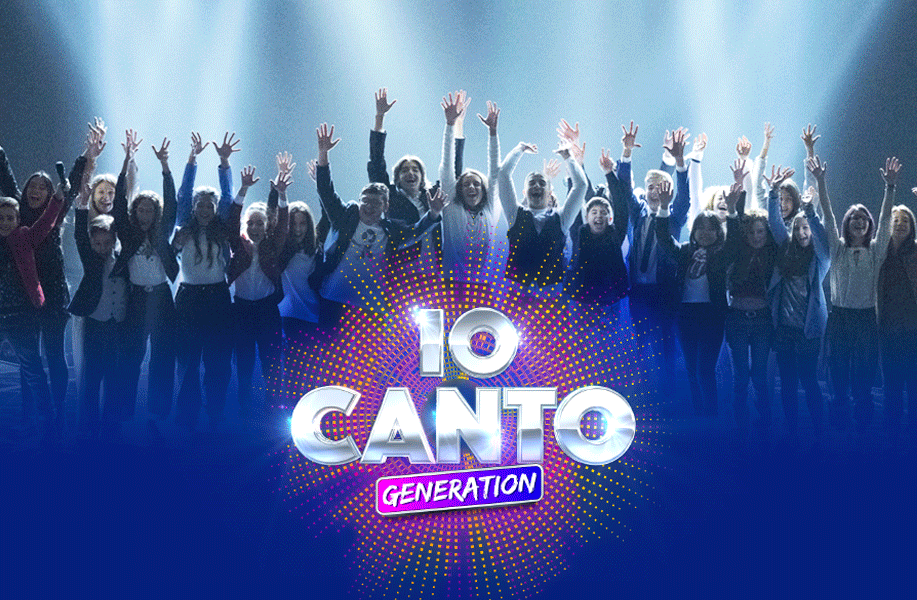For example, the world-famous Monopoly was turned into a game show of the same name (on ABC, in 1990); the classic "mystery board game" Cluedo has been turned into game shows several times under different titles (e.g. Whodunnit on ITV, also in 1990); the “word board game” Scrabble had a TV version from 1984 and so on.
More recently, the board game Smart 10, developed by an Austrian company and available in more than 25 countries, had a TV version that has been shown every week on ORF 1 in Austria since 2022 and has just been renewed until the end of 2026 (!), with Seven.one Studios International as distributor (see FE 6th Oct).
The reverse is also very common: turning a game show into a board game, as in the case of, among many others, the classic 50s musical game show Name That Tune, which was turned into a successful board game, with a beautiful vinyl inside so that players could guess the different tunes.
This practice is now intensifying as part of the 'brand extension' strategy adopted by broadcasters in the belief (mistaken, in my humble opinion) that it reduces risk (the same logic that has adapted scripted content to the unscripted world). It is no coincidence that no fewer than four such deals have been announced recently.
The first is the board game Pictionary, which will air as a game show on ITV and ITVX later this year, produced by Whisper North and hosted by Mel Giedroyc, following a successful run in the US where it is currently in its third series.
Based on Mattel's popular board game of quick sketching and guessing, Pictionary will follow the same rules as the popular home version, pitting two teams against each other. In this classic sketch and guessing game, the host will be joined by two celebrity team captains who will lead their teams of contestants. Their task is to draw pictures to match a word or phrase from a particular category, and their teammates must guess correctly to score points.













